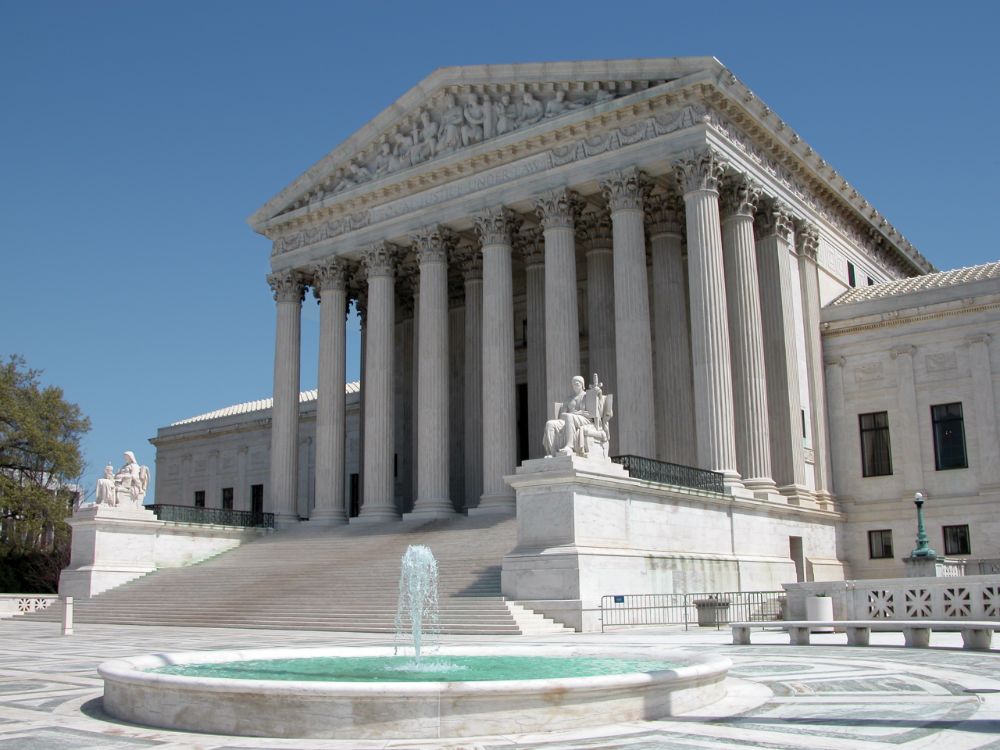How soon do I need to file a notice of appeal in a criminal case?
If you are appealing a federal criminal judgment to the United States Court of Appeals for the Ninth Circuit, your notice of appeal must be filed within 14 days after the later of (i) the entry of either the judgment or the order being appealed, or (2) the filing of the government’s notice of appeal. Fed. R. App. P. 4(b).
If you are appealing an Idaho state district court criminal judgment, you must file the notice of appeal “within 42 days from the date evidenced by the filing stamp of the clerk of the court on any judgment or order the district court appealable as a matter of right . . .” Idaho App. R. 14.
Where do I file a notice of appeal?
In both federal and state court, the notice of appeal is filed with the clerk of the district court. Accordingly, for a federal court appeal in Idaho, your notice is filed on the Case Management/Electronic Case Filing (“CM/ECF”) system with the United States District Court for the District of Idaho (if an attorney is filing the appeal for you). Similarly, for a state court appeal, your notice is filed with the judicial district court in which your underlying case was heard and a judgment entered (e.g., for Ada County district court convictions/judgments, it is the Clerk’s Office for the Fourth Judicial District Court in and for the County of Ada).
Why should I hire an attorney to assist with my appeal?
The rules for filing briefs, including the number of pages or amount of words allowed, the typeface, font, and subsections required, and how to provide the record on appeal can be tricky to maneuver through. For instance, federal appeals in the Ninth Circuit are subject to a number of words limit, not a page limit, and the record on appeal must be submitted in a particular format called the Excerpts of Record. In state court appeals, you must pay the clerk the estimated fee for the record before filing the notice of appeal and your attorney can help you order the transcripts and the record.
Additionally, both the federal and state appellate courts require appellate briefs to contain certain required sections of information that appellate attorneys should be very familiar with. The courts also require a statement of the issues and an experienced attorney will have handled hundreds, if not thousands, of cases that provide examples of what kinds of issues are appealable and should be brought to the appellate court’s attention. Finally, there are particular standards of review that apply to different types of issues, and an experienced attorney will be able to view your case through the lens of the legal standard that the appellate court will apply.
How long does it take for an appeal to proceed from start to finish?
It depends. In the Ninth Circuit Court of Appeals, the parties to an appeal must wait for a transcript to be completed and the Court will provide a briefing schedule. One or both parties may request extensions of the time to complete the briefing. It takes approximately four to five months from the time the briefing is completed for the case to be set for oral argument, if the Court allows for oral argument and does not simply decide the case on the briefs. The Court has no time limit on when a decision must be issued after oral argument, but most cases are decided within 3 months to a year after the oral argument.
The state of Idaho has an intermediate appellate court, the Idaho Court of Appeals, to which many criminal appeals are referred for disposition. If the Court of Appeals issues an unfavorable decision, an appellant may file a petition for review with the Idaho Supreme Court, under certain circumstances. The failure to petition the Idaho Supreme Court for review in a criminal case may have negative consequences for a criminal defendant’s ability to maintain a petition for habeas corpus in the federal court. It is important that you discuss these consequences with an attorney experienced in both criminal appeals and with state and federal post-conviction and habeas corpus cases.
Additionally, the state appellate courts require appellate briefs to contain certain required sections of information that appellate attorneys should be very familiar with. The courts also require a statement of the issues and an experienced attorney will have handled hundreds, if not thousands, of cases that provide examples of what kinds of issues are appealable and should be brought to the appellate court’s attention. Finally, there are particular standards of review that apply to different types of issues, and an experienced attorney will be able to view your case through the lens of the legal standard that the appellate court will apply.
How long does it take for an appeal to proceed from start to finish?
It depends. Most family law cases are first appealed to a District Judge and then to the Idaho Supreme Court if necessary. This process can take months depending on the availability of the Court to conduct oral arguments.
Set up a consultation today with Davis and Hoskisson, PLLC.
